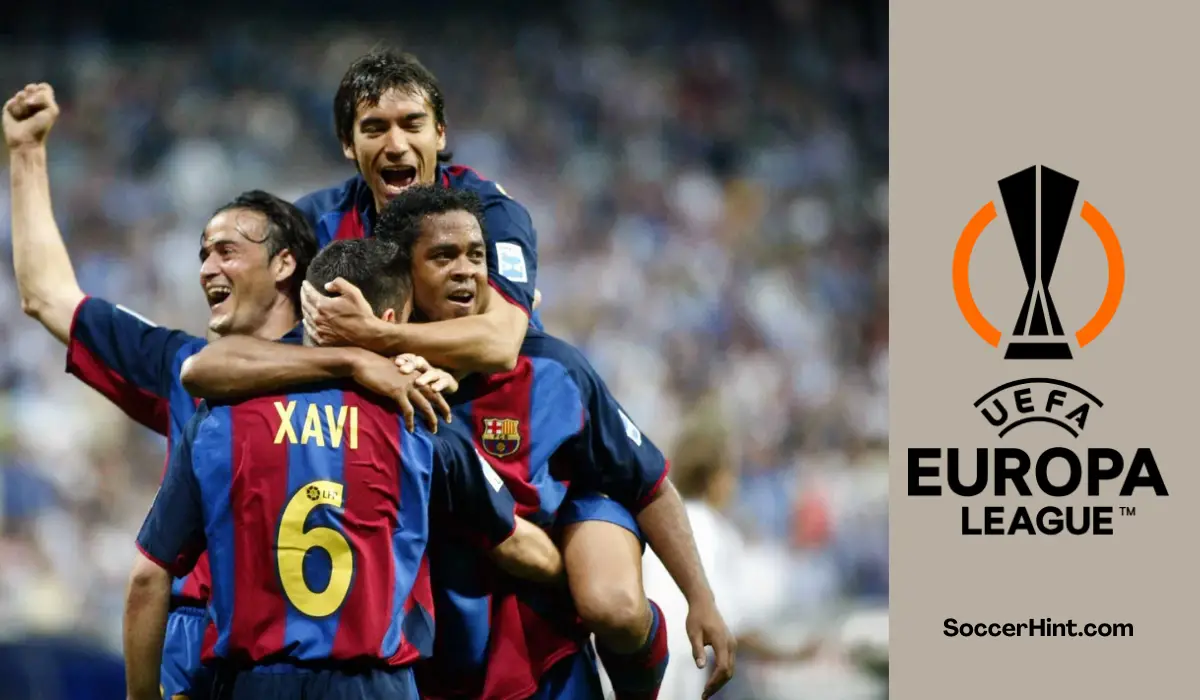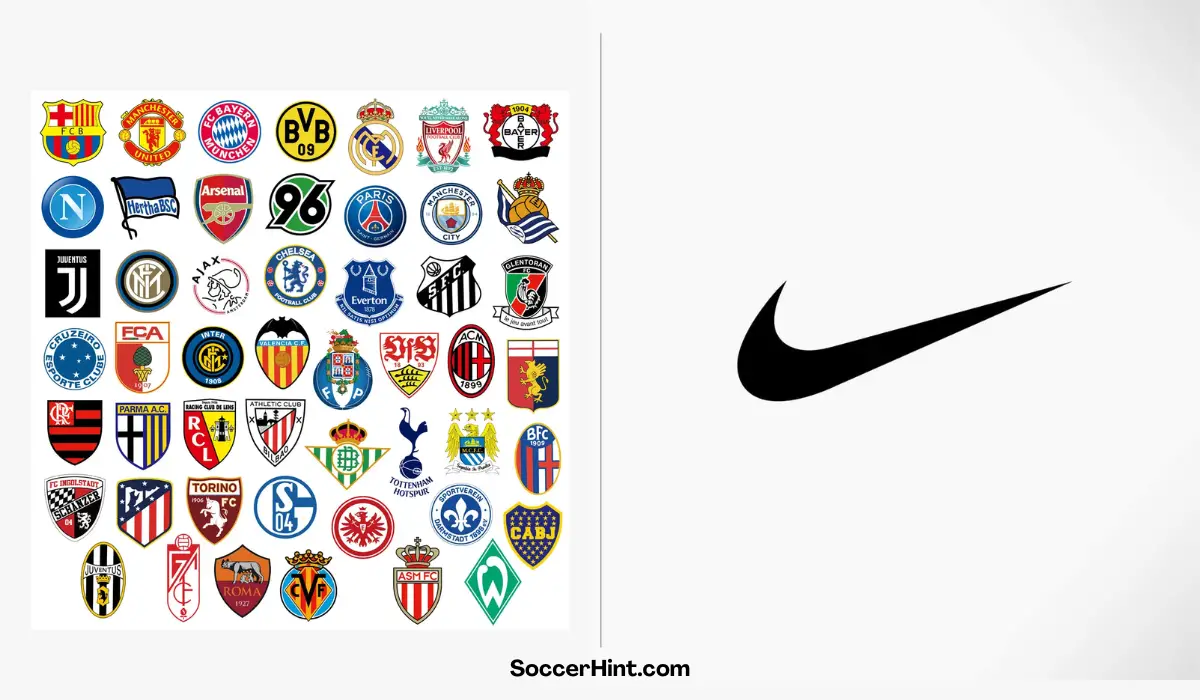In 2003, FC Barcelona found themselves in the Europa League, which was formerly known as the UEFA Cup. This was unexpected for a club of Barcelona’s calibre, especially considering their rich history and the presence of iconic players like Ronaldinho. To understand why Barcelona played in the Europa League that season, it’s essential to analyse the circumstances that resulted in them participating in the tournament.
How It All Started
Barcelona’s journey to the Europa League in the 2003/04 season can be attributed to their performance in La Liga in the previous season. Despite being considered one of Europe’s elite clubs, Barcelona finished sixth in the league which resulted in them playing in the Europa League. This unexpected setback meant that Barcelona had to refocus their efforts on the UEFA Cup for the next season.
The 2003/04 season was a rough period for Barcelona, both on and off the pitch. The club was going through a lot with managerial changes and a squad in need of restructuring. The departure of Louis van Gaal as the head coach in January 2003 marked the beginning of a period of instability for the club. Radomir Antic took over as the interim manager before Frank Rijkaard was appointed as the new head coach ahead of the 2003/04 season. Rijkaard faced the difficult task of rebuilding a team that had failed to meet the high expectations associated with the club.
On the pitch, Barcelona’s squad was transforming. While the likes of Ronaldinho, Xavi and Carles Puyol were emerging as vital players, the team lacked the consistency required to compete at the highest level. The departure of key players and the addition of new signings added to the challenges faced by the club. This period of adaptation had a significant impact on Barcelona’s performance in European competitions.
Despite their struggles in the league the previous season, Barcelona approached the UEFA Cup with determination and resilience. The competition allowed the club to achieve something from their season and showcase their potential on the European stage. The presence of Ronaldinho, who had joined Barcelona from PSG in the summer of 2003, added a new dimension to the team. His flair, creativity, and playmaking abilities injected a sense of excitement into Barcelona’s campaign in the UEFA Cup.
Barcelona’s participation in the Europa League presented them with a platform to reignite their European ambitions. The club approached the tournament with a blend of experienced players and promising young talents, aiming to make a statement for themselves and restore their reputation as a force to be reckoned with in European football. The likes of Ronaldinho, Xavi, Puyol, and Javier Saviola formed the core of Barcelona’s squad, providing the necessary quality for a strong UEFA Cup campaign.
As Barcelona started their Europa League journey, they faced various challenges and obstacles. The competition tested their resilience, requiring them to go through a series of tough fixtures against opponents of high quality. Barcelona’s progression through the rounds showcased their ability to adapt and compete at a high level.
Read Also: Is UEFA Super Cup A Major Trophy?
How Barcelona Performed In The 2003/04 Europa League Season
As stated earlier, Barcelona competed in the UEFA Cup in the 2003/04 season, now known as the Europa League, following their sixth-place finish in the previous season’s La Liga. Under the new management of Joan Laporta and head coach Frank Rijkaard, Barcelona experienced a turnaround, securing a second-place finish in the league behind Valencia.
The season marked the club’s return to a positive change after the disappointment of the previous season, with significant financial debt being resolved. The arrival of future FIFA World Player of the Year Ronaldinho injected excitement into the team, and their participation in the UEFA Cup highlighted Barcelona’s spectacular return.
Despite their rich history and status as one of Europe’s elite clubs, Barcelona’s performance in the Europa League during the 2003/04 season did not result in a title victory. The Catalan giants have never won the Europa League, and their campaign in the 2003/04 season did not result in a championship after being knocked out by Celtic in the Round of 16 following a 1-0 defeat on aggregate despite topping their group unbeaten.
Nevertheless, the season marked a significant period of transition and resurgence for the club. The presence of iconic players like Ronaldinho, coupled with the club’s change in management, set the stage for Barcelona’s future accomplishments in European football.
Conclusion
In conclusion, Barcelona’s presence in the Europa League during the 2003/04 season was a result of their challenging journey in the La Liga and a period of transition for the club. Despite their participation in the competition, Barcelona approached the Europa League with determination and a desire to prove themselves on the European stage.
The presence of iconic players like Ronaldinho, coupled with a blend of experienced figures and emerging talents, showed Barcelona’s commitment to getting back to their winning ways.





